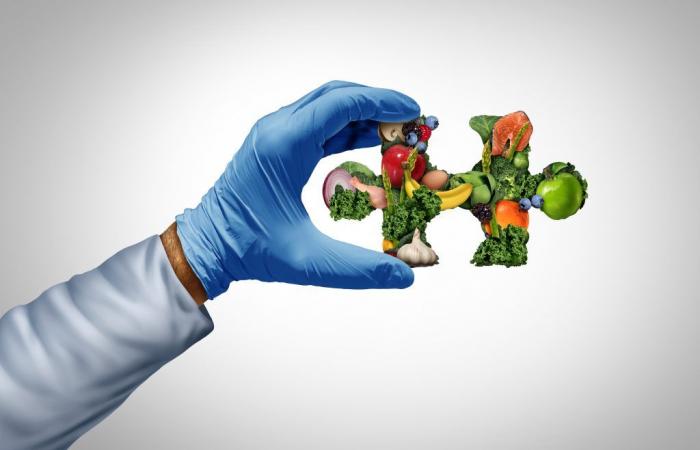Firefighters face a disproportionate risk of many cancers (particularly digestive and respiratory cancers) compared to the general population. In 2022, the International Agency for Research on Cancer (IARC) warned of the over-representation of certain cancers within the profession, particularly due to exposure to flame retardants. Their experiences with cancer and their views on the extent to which diet can help reduce cancer risk, however, remain little explored. This research highlights the relationship between eating habits and awareness of cancer prevention and will help better guide the development of targeted interventions for cancer prevention,
with emphasis on the key role of diet.
Lead author Dr. Ashlea Braun, a nutrition researcher at the University of Oklahoma Health Sciences Center, added: “Given the link between diet and cancer risk, it is of paramount importance to clarify how nutritional factors can be mitigated through evidence-based interventions.”
The study is a survey of nearly 471 American firefighters and analysis of their qualitative and quantitative data on their cancer history and nutritional habits. A rigorous coding process was used to identify intervention strategies and nutrition-related factors. The analysis reveals that:
- almost half, or 48%, of firefighter participants strongly agreed that they are at particularly high risk of cancer;
- 45% strongly agreed that changing diet can reduce the risk of cancer;
- 45% were strongly in favour of education on good nutritional behaviour;
- On a more qualitative level, a large number of participants expressed concern about misinformation and wanted to know exactly
what level of risk reduction they could achieve by changing their diet;
- many also expressed concerns about the food environment in their barracks and residences.
The study thus confirms, through the analysis of knowledge of a very specific target, theThe importance of education on the possible benefits of good nutrition in cancer prevention. Access to personalized support that helps everyone implement the necessary changes, based on their food environment, is essential. It is necessary “credible and specific information that can help make informed dietary decisions”the researchers conclude.
“Some individuals – such as firefighters – are aware of their increased risk of cancer and are willing to change their diet to protect their health. There is ultimately little doubt about the effects of diet on cancer risk, with most participants believing that a change in diet reduces their risk of cancer. However, support for these dietary changes remains necessary.”






